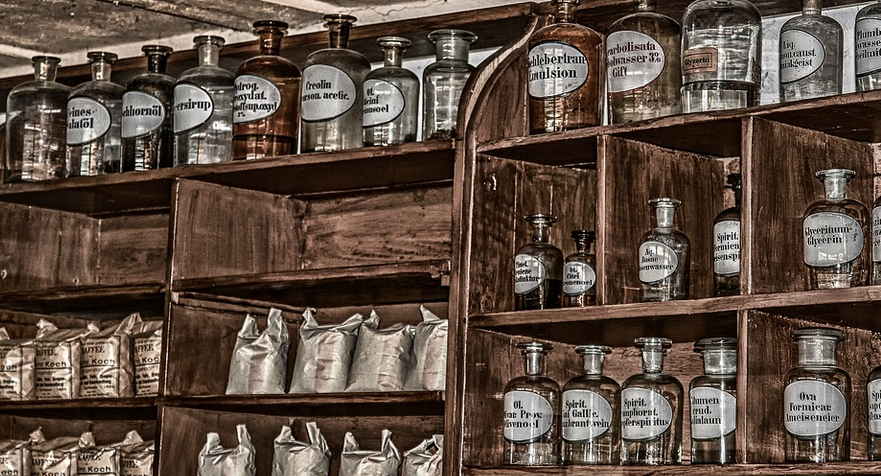Introduction
Are you passionate about chemistry and want to take your knowledge to the next level? Pursuing a Master’s Degree in Chemistry can be a great way to deepen your understanding of the subject and open up new career opportunities. In this article, we’ll discuss how to find the right Master’s Degree program for you.
Research
The first step in finding a Master’s Degree in Chemistry is to do your research. Start by looking at universities and colleges that offer graduate programs in chemistry. You can use websites like GradSchools.com and Peterson’s to search for programs by location, program type, and specialization.
Location
Consider the location of the school you’re interested in. Do you want to study close to home, or are you open to moving to a new city or state? Keep in mind that location can impact your overall costs, so factor in housing, transportation, and other expenses.
Program Type
There are different types of Master’s Degree programs in Chemistry, including thesis-based and course-based programs. Thesis-based programs require students to conduct independent research and write a thesis, while course-based programs focus on coursework and may have a capstone project. Consider which type of program aligns with your academic and career goals.
Specialization
Chemistry is a broad field, and there are many areas of specialization to choose from. Some common specializations include analytical chemistry, organic chemistry, physical chemistry, and biochemistry. Think about your interests and career goals when selecting a specialization.
Program Requirements
Once you’ve identified potential programs, review their admission requirements. You’ll need to submit transcripts, test scores, letters of recommendation, and possibly a personal statement. Some programs may also require an interview or writing sample. Make sure you meet the requirements before applying.
Program Reputation
It’s important to consider the reputation of the program you’re interested in. Look for programs that are accredited and have a good reputation in the field. Research faculty members and their areas of expertise, as they can have a big impact on your graduate experience.
Financial Considerations
Graduate school can be expensive, so it’s important to consider the financial implications of pursuing a Master’s Degree in Chemistry. Look into scholarships, grants, and assistantships that can help offset the costs. You may also want to consider part-time or online programs that can allow you to work while studying.
Career Opportunities
Consider the career opportunities that a Master’s Degree in Chemistry can open up. Some common career paths include research and development, academia, and industry. Look into job prospects and earning potential in your area of specialization.
Conclusion
Pursuing a Master’s Degree in Chemistry can be a rewarding and fulfilling experience. By doing your research, considering program requirements and reputation, and weighing financial and career considerations, you can find the right program to help you achieve your goals.

